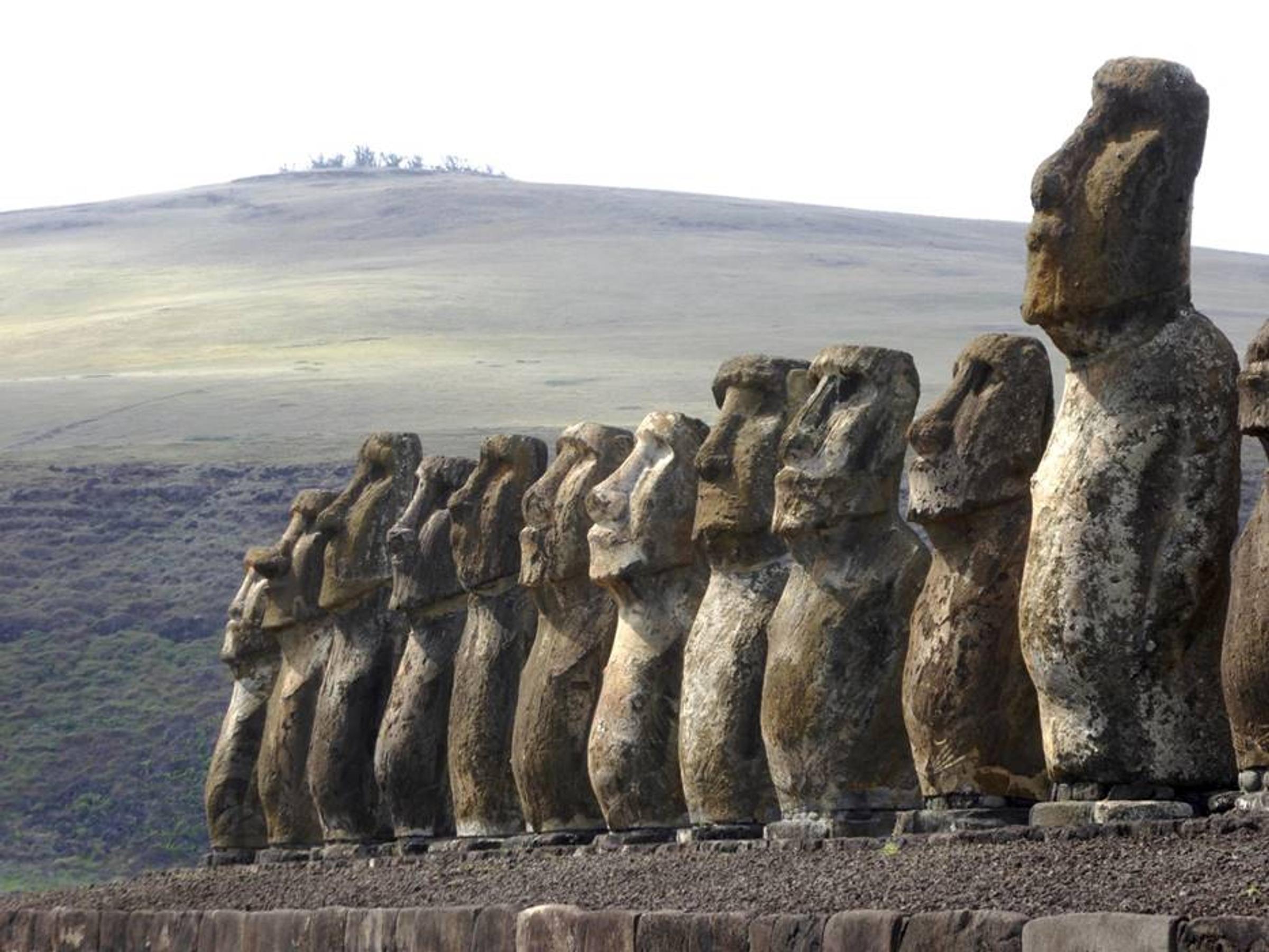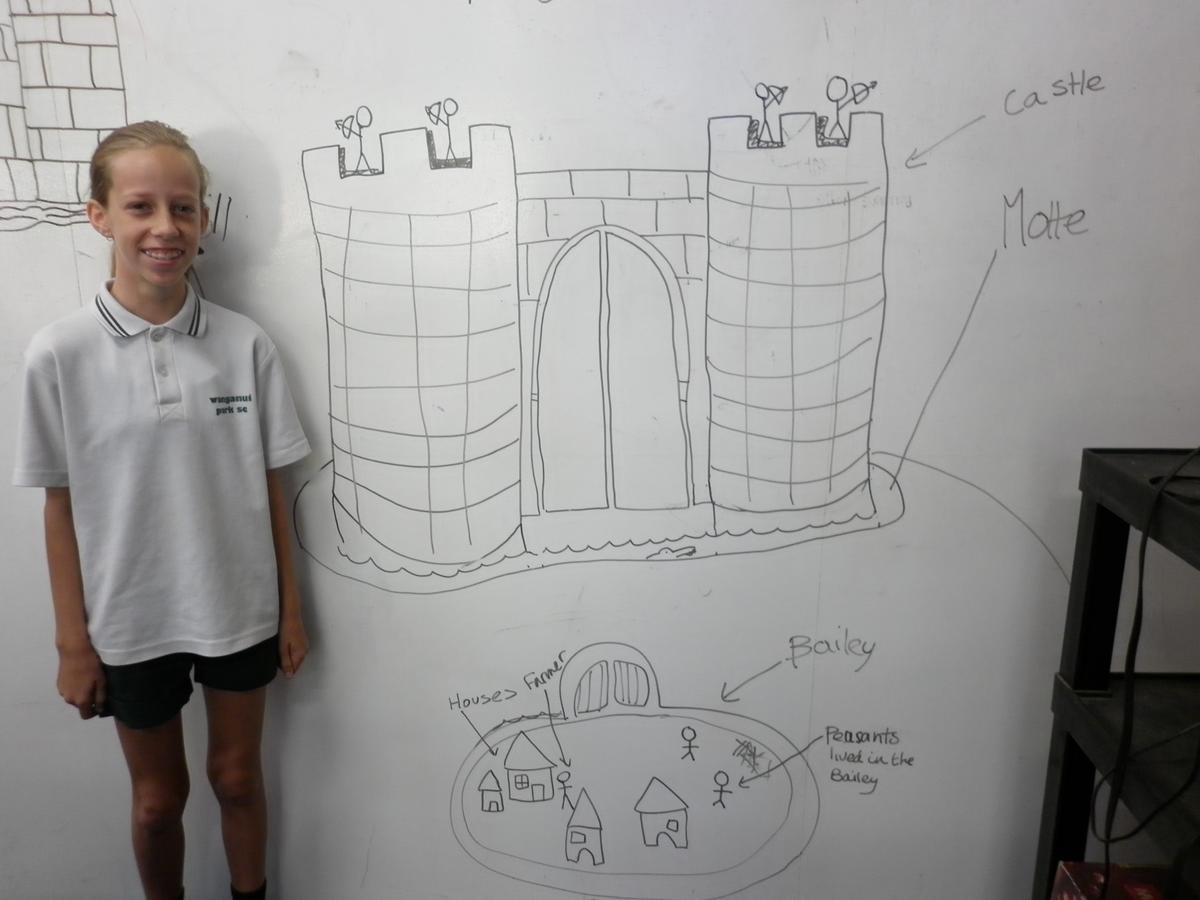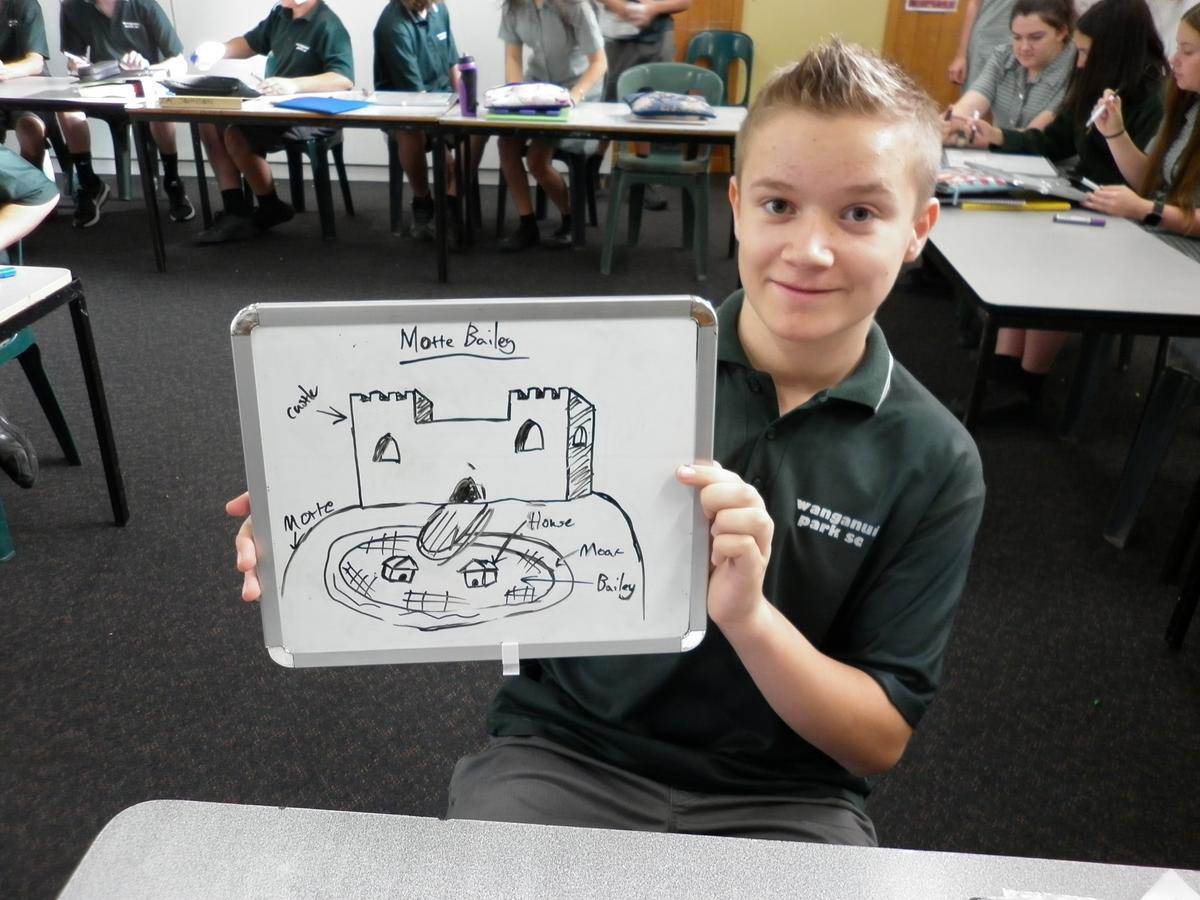Humanities

Building vocabulary
Along with students in Maths and Science, students in years 7-11 Humanities classes will have an additional focus on vocabulary development this year.
What are some examples?
So far this term, Humanities students have been learning words like:
- renewable (Year 7 Geography)
- abundant (Earth & Us)
- loyalty (Knights & Warriors)
- impartial (Legal Studies)
- entrepreneurship (Economics)
- disarmament (History)
Why is vocabulary so important?
A significant amount of educational research highlights the benefits of both understanding and using complex vocabulary. In short, mastering more words helps students to:
- understand what they’re reading;
- produce high quality writing; and
- summarise, make inferences, and process information — because “the more words we have, the more complex ways we can think about the world” (Stahl & Nagy, 2006).
Which words need to be taught?
Researchers like Isabel Beck and Robert Marzano point to three ‘tiers’ of words:
- tier 1 words are everyday, basic words like “clock” and “baby” that are often found in spoken language and rarely need to be taught;
- tier 2 words are complex words like “distinguish” and “contentious” that are found across subjects; and
- tier 3 words are complex words that are either very rare or apply to specific subjects (eg “appellate jurisdiction”).
For academic success, students must be able to understand and use tier 2 and tier 3 words.
In coming Newslinks, we’ll report on how these words are taught and tested.
Whiteboards, whiteboards everywhere
The Knights & Warriors (Level 1 History) class has been making use of the Thinking Wall and a set of mini-whiteboards to map out ideas and share their thinking with other students. Emily Minotti-Watson reports:
“In our Knights & Warriors class, we’ve been learning about the Norman Conquest, and how William the Conqueror changed life for everyone living in England. The Norman Conquest therefore influenced modern day England and is significant in history.”
Photo: Emily and Sam show their temporary creations.


